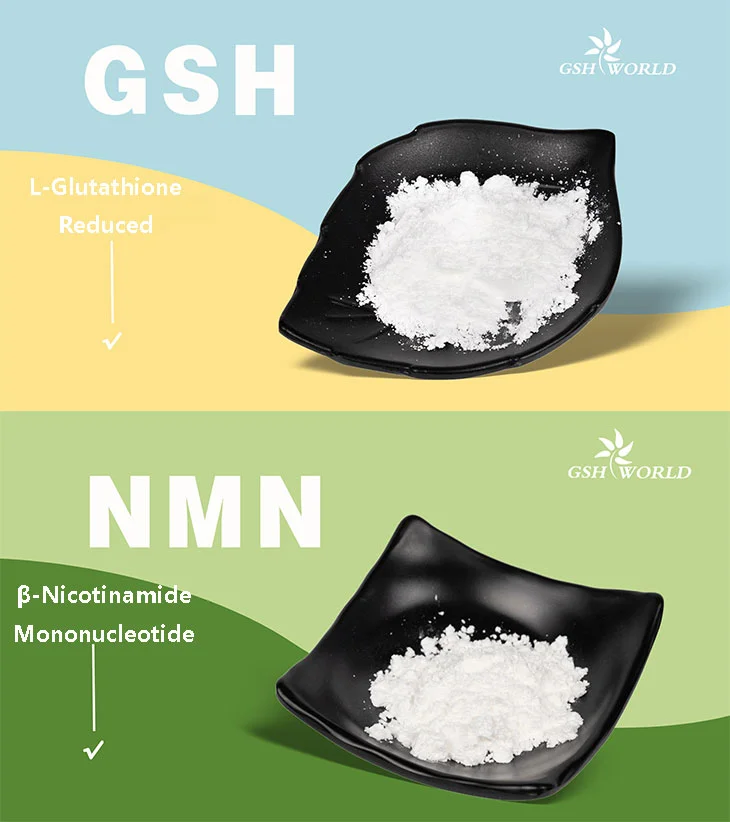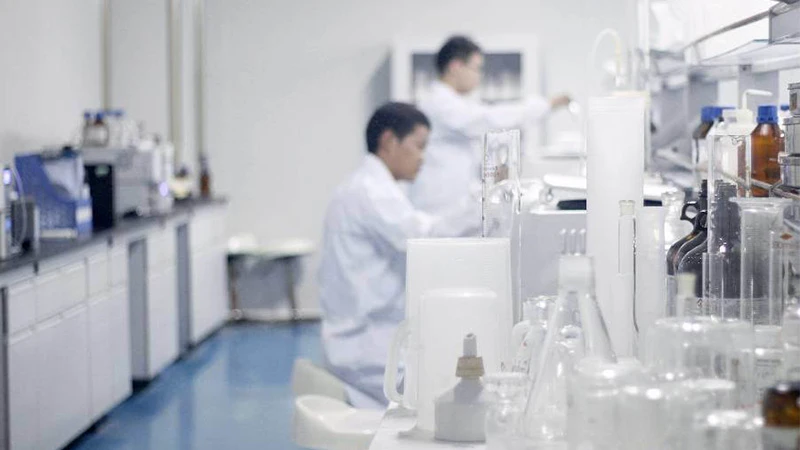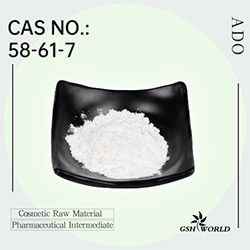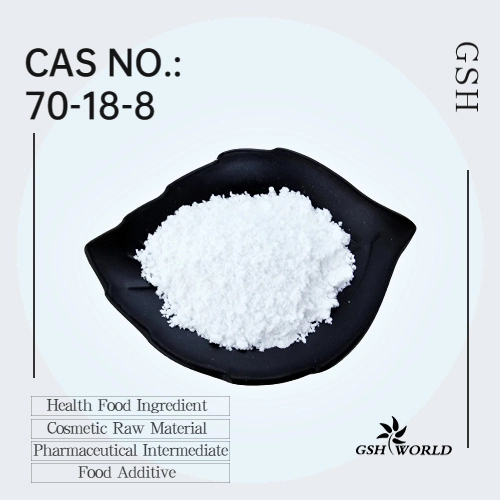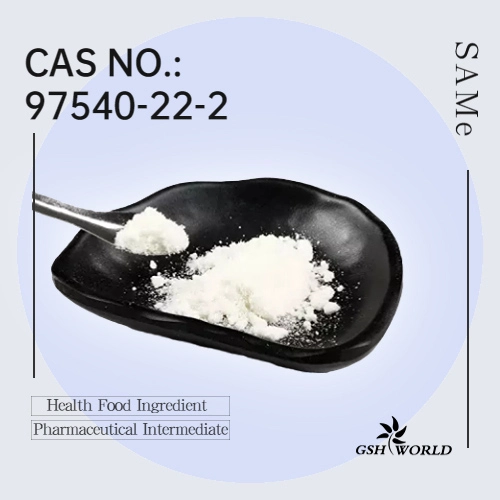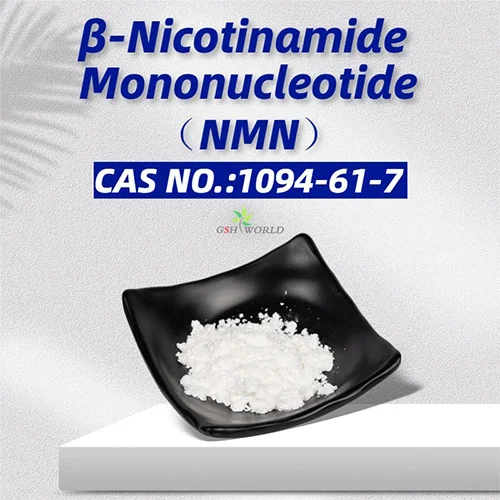What is adenosine made of?
Adenosine is an endogenous purine nucleotide composed of adenine and ribose. In cells, adenosine is produced by the degradation of ATP and is an important intermediate in cellular energy metabolism. Adenosine is widely distributed in the body, especially in the central nervous system (CNS).
What are the main uses of adenosine?
The main uses of adenosine include being an endogenous neuroprotectant for the cardiovascular and nervous systems. In the cardiovascular system, adenosine binds to its receptors to dilate blood vessels and reduce heart rate. In the central nervous system, adenosine participates in the regulation of various physiological processes such as sleep and wakefulness, memory formation, and mood regulation by regulating neuronal activity.
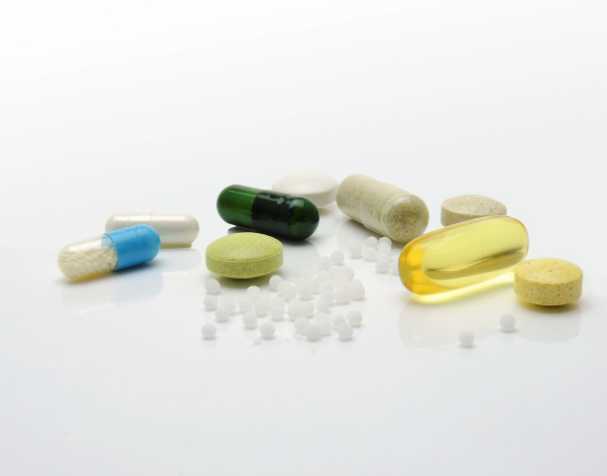
Can adenosine be used for sleep?
Adenosine is an endogenous sleep regulator. In the awake state, adenosine levels in the brain gradually accumulate, promoting the occurrence of sleep by activating specific adenosine receptors. Adenosine is considered to be an effective endogenous sleep-promoting factor, and its increased levels are associated with promoting physiological sleep.
What are the uses of adenosine in cosmetics?
Adenosine is most commonly used in facial and neck products and moisturizing products. In cosmetics, adenosine is used as a skin conditioning agent with anti-inflammatory and antioxidant effects. Adenosine and its phosphate and triphosphate forms are considered safe for use in cosmetics, and they may help protect the skin from environmental stressors and may aid in the repair and regeneration of skin cells.

How to Increase Adenosine Naturally?
There are studies showing that a ketogenic diet has the potential to increase ATP and extracellular adenosine, and some lifestyle changes, such as regular exercise and maintaining good sleep habits, can also help regulate adenosine levels in the body. However, the current research on how to increase adenosine naturally is not very sufficient, and more scientific research may be needed to verify the effectiveness of different methods.
References:
[1] Liu YJ, Chen J, Li X, Zhou X, Hu YM, Chu SF, Peng Y, Chen NH. Research progress on adenosine in central nervous system diseases. CNS Neurosci Ther. 2019 Sep;25(9):899-910. doi: 10.1111/cns.13190. Epub 2019 Jul 23. PMID: 31334608; PMCID: PMC6698970.
[2] Reichert CF, Deboer T, Landolt HP. Adenosine, caffeine, and sleep-wake regulation: state of the science and perspectives. J Sleep Res. 2022 Aug;31(4):e13597. doi: 10.1111/jsr.13597. Epub 2022 May 16. PMID: 35575450; PMCID: PMC9541543.
[3] Masino SA, Kawamura M, Wasser CD, Pomeroy LT, Ruskin DN. Adenosine, ketogenic diet and epilepsy: the emerging therapeutic relationship between metabolism and brain activity. Curr Neuropharmacol. 2009 Sep;7(3):257-68. doi: 10.2174/157015909789152164. Erratum in: Curr Neuropharmacol. 2010 Mar;8(1):81. Wasser, C A [corrected to Wasser, C D]. PMID: 20190967; PMCID: PMC2769009.
[4] Huang Zhili. Role and mechanism of adenosine and dopamine receptors in regulating sleep and wakefulness[J]. Chinese Journal of Pharmacology and Toxicology, 2018, 32(09):737.
*Special note - This article is for informational purposes only and cannot replace a doctor's treatment diagnosis and advice. It should not be regarded as a recommendation or proof of efficacy of the medical products involved. If it involves disease diagnosis, treatment, and rehabilitation, please be sure to go to a professional medical institution to seek professional advice.
PREVIOUS: How to increase SAM-e naturally?
NEXT: Does nmn work?
by GSHWORLD
GSHWORLD is China Biological API Manufacturer. China Adenosine Supplements powder suppliers & best Adenosine benefits raw material Factory.


